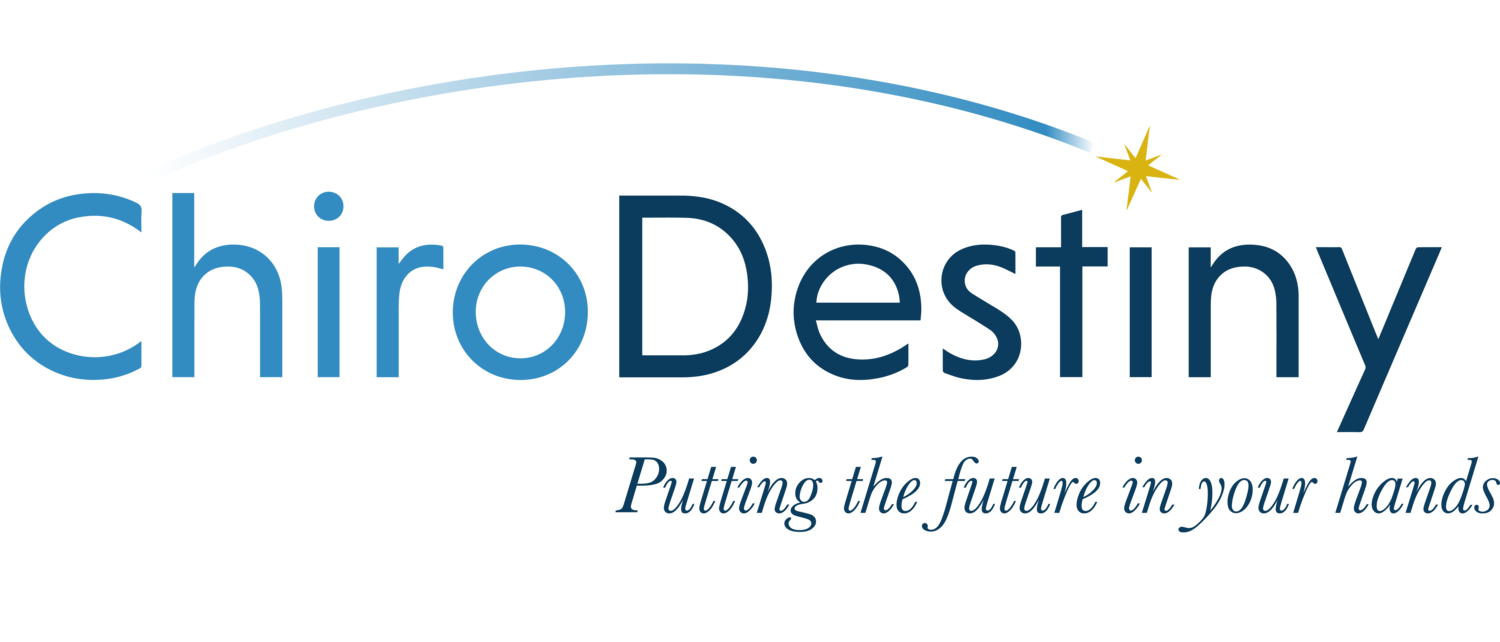You might be wondering what self-awareness has to do with leadership. It is, however, a critical tool to help you reach higher levels of satisfaction, become a better leader, improve relationships (both personal and professional), and better manage your emotions. With all these positive correlations, you'd think everyone would be interested in becoming more self-aware, and yet studies have found only 10-15% of people are truly self-aware.
Not to worry, self-awareness is a skill that can be practiced and improved upon and we've got the tips to help you. There are a number of ways to cultivate and improve self-awareness, but here are four to get you started.
How to become more self-aware
1. Try asking “What?” instead of “Why?”
When individuals reflect upon their current state, environment, and emotions, they often start with the question "why?". As in, "Why do I feel so sad?" or "Why isn't this project going the way I'd like it to?".
Research shows that people don't actually have much access to their unconscious thoughts, motives, and feelings. So, most likely, you are incorrect about why you do, act, or think certain things. Here's an example: you might hear harsh feedback from a partner and harp on your own insecurities because it is challenging for people to evaluate their own strengths and weaknesses unbiasedly and come to a correct conclusion.
Research has also found that people who are introspective are more likely to sit on negative thoughts and feelings when self-evaluating. Asking yourself "why" questions when self-evaluating can lead to feelings of depression and anxiety, and are unproductive.
Instead of asking "why", people with high self-awareness ask, "What?". "What" questions lead to increased productivity and focus, rather than past mistakes. If you're feeling frustrated at work and you ask yourself, "Why am I feeling awful?", you will likely ruminate on the negatives. If you ask yourself, "What are the situations leading me to feel bad?", you will be more inclined to recognize the factors outside of your control that aren't in alignment with your goals or passions, which will help you strategize to fix those situations.
2. Quality Time with Yourself
You're sitting at home with the TV blaring, you're out to dinner with friends, or you've got your eyes glued to your phone. How easy is it to reflect on yourself in these situations?
Give yourself the time and space needed to self-reflect and avoid distractions. Try spending some quiet time reading, meditating, writing, or practicing other activities along to connect with yourself. By making a goal of giving yourself 30 distraction-free minutes a day, you will be better able to connect, reflect, and become more self-aware.
3. Maintain Mindfulness
When you are mindful, you are able to be present with yourself and observe your thoughts in a way that isn't judgmental. We can't really think of a better way to become more self-aware than by focusing on yourself in a non-judgmental way!
Mindfulness pushes you to focus on yourself in the present moment with purpose. The next time you are feeling frustrated, do a mindfulness check-in. What thoughts are racing through your head? Are you feeling okay? By simply taking a moment to be present and acknowledge when you are feeling and thinking, you will become more acquainted with yourself and better at recognizing those thoughts and emotions properly.
4. Be A Better Listener
When you take the time to actually listen to those around you (not just hear them), you will become more empathetic and more understanding. Listening to your friends, colleagues, and business partners will give you a better sense of how they, and the world, perceives you.
Listening takes practice and control, and can be applied to not only conversations with others, but also to better understanding your own thoughts and emotions. Listening to both yourself and others is critical to becoming more self-aware.
It is impossible to have true, complete self-awareness if you only listen to yourself. When you listen to the feedback provided by the people you work with and lead, you will gain different perspectives on who you are, helping you to have complete understanding of yourself.
Self-awareness can be challenging. Self-reflection isn't easy, but with this guide as your start and hard work, you can accomplish this difficult skill!


